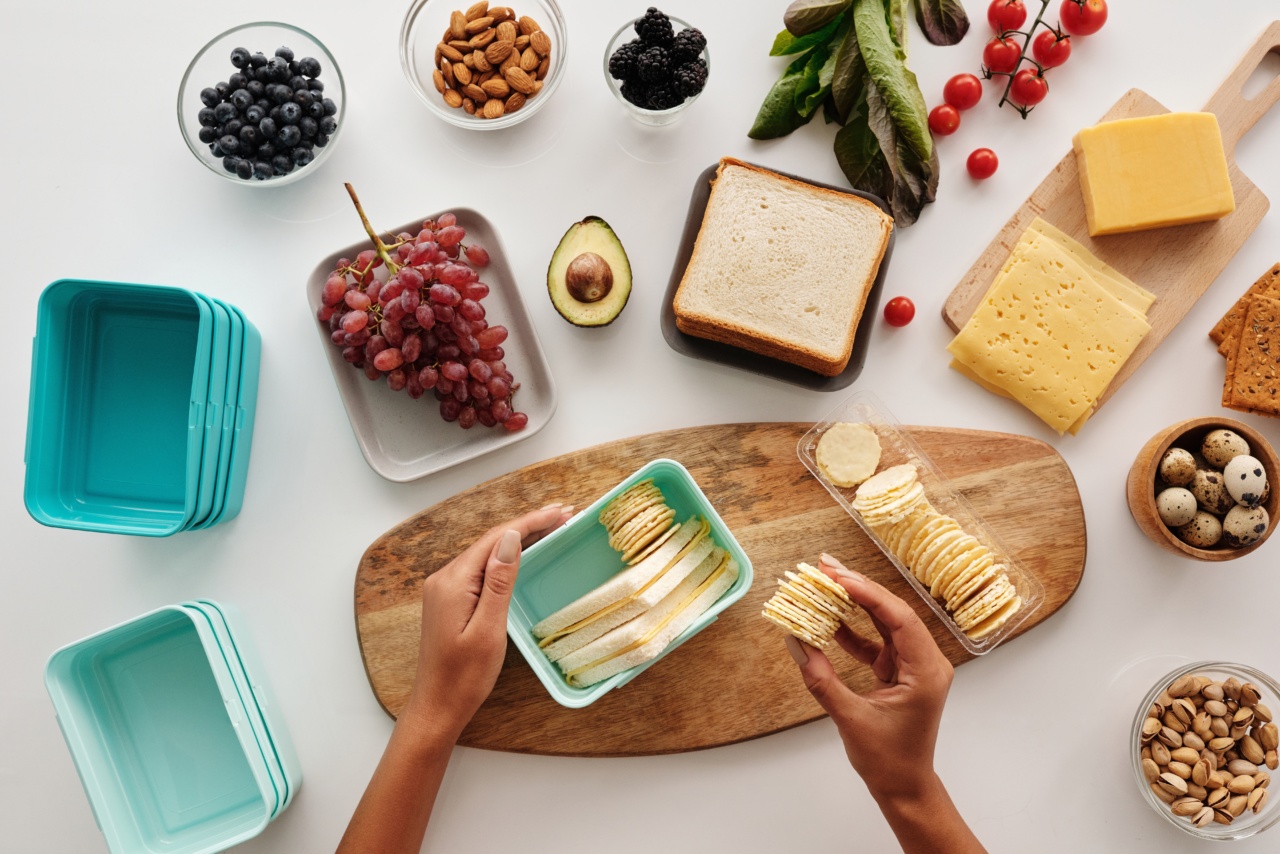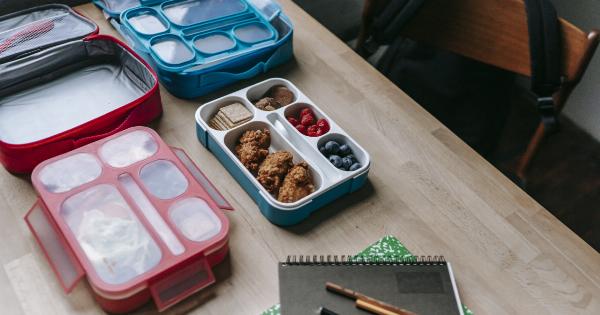When it comes to eating healthy, many people often assume that it requires a hefty budget. However, with a little bit of planning and creativity, you can enjoy nutritious meals without breaking the bank.
In this article, we will explore a variety of cheap eats – healthy foods that won’t burn a hole in your wallet. From budget-friendly recipes to smart grocery shopping tips, we’ve got you covered.
1. Embrace Whole Grains
Whole grains are not only nutritious but also incredibly budget-friendly. Opt for affordable options like brown rice, quinoa, oats, and whole wheat pasta.
These foods are packed with fiber, vitamins, and minerals, providing you with sustained energy and better overall health.
2. Get Creative with Beans and Legumes
Beans and legumes are inexpensive sources of protein, fiber, and essential nutrients. Incorporating them into your meals can help save money while boosting your nutrition.
Try making bean-based dishes like lentil soup, chickpea curry, and black bean tacos. These recipes are not only delicious but also great for your budget.
3. Affordable Protein Sources
Protein is an essential nutrient for building and repairing tissues, and luckily, you don’t have to rely on expensive cuts of meat to meet your protein needs.
Incorporate affordable protein options like eggs, canned tuna, frozen chicken breasts, and tofu into your diet. These alternatives offer a good amount of protein at a fraction of the cost of expensive meats.
4. Seasonal and Local Produce
Buying fresh fruits and vegetables that are in season is an excellent way to save money. Seasonal produce tends to be cheaper and more flavorful due to its abundance.
Additionally, consider purchasing produce from local farmers’ markets, as they often offer competitive prices and support the local community.
5. Plan Your Meals
Planning your meals in advance can significantly help you stick to a budget. Create a weekly meal plan and make a shopping list accordingly. This way, you can avoid impulsive purchases and ensure that you have all the necessary ingredients for your meals.
Leftovers can also be utilized for future meals, reducing food waste and saving money.
6. Cook in Bulk
Cooking in bulk is not only a time-saver but also a money-saver. Prepare larger portions of your favorite meals and freeze them in individual servings.
Having a stock of homemade frozen meals ensures that you always have a healthy option available, preventing you from resorting to expensive takeout or unhealthy convenience foods.
7. Shop Smartly
Grocery shopping can be overwhelming, especially when you’re on a budget. However, with a few strategies, you can make the most out of your money.
Consider buying generic brands, comparing prices, utilizing coupons, and shopping in bulk for non-perishable items. Avoid shopping when you’re hungry to prevent impulse buys and stick to your planned grocery list.
8. DIY Snacks and Drinks
Avoiding processed snacks and sugary drinks not only benefits your health but also your wallet. Instead of buying pre-packaged items, opt for homemade snacks like granola bars, trail mix, or roasted chickpeas.
Similarly, make your own refreshing drinks, such as infused water or homemade iced tea, instead of purchasing expensive bottled alternatives.
9. Minimize Food Waste
Reducing food waste not only helps the environment but also saves money. Get creative with using leftovers by transforming them into new dishes or incorporating them into salads, soups, or omelets.
Additionally, consider composting food scraps to reduce waste and improve the sustainability of your kitchen.
10. Grow Your Own
If you have the space and time, consider starting a small herb or vegetable garden. Growing your own produce can be a rewarding experience and save you money in the long run.
Herbs like basil, mint, and rosemary are easy to grow and can add flavor to your dishes without costing a fortune.
Conclusion
Eating healthy doesn’t have to be expensive. By embracing whole grains, beans, affordable proteins, seasonal produce, and smart shopping strategies, you can enjoy nutritious meals without breaking the bank.
Plan your meals, cook in bulk, and minimize food waste to stretch your budget even further. Remember, taking care of your health doesn’t have to burn a hole in your wallet.




























